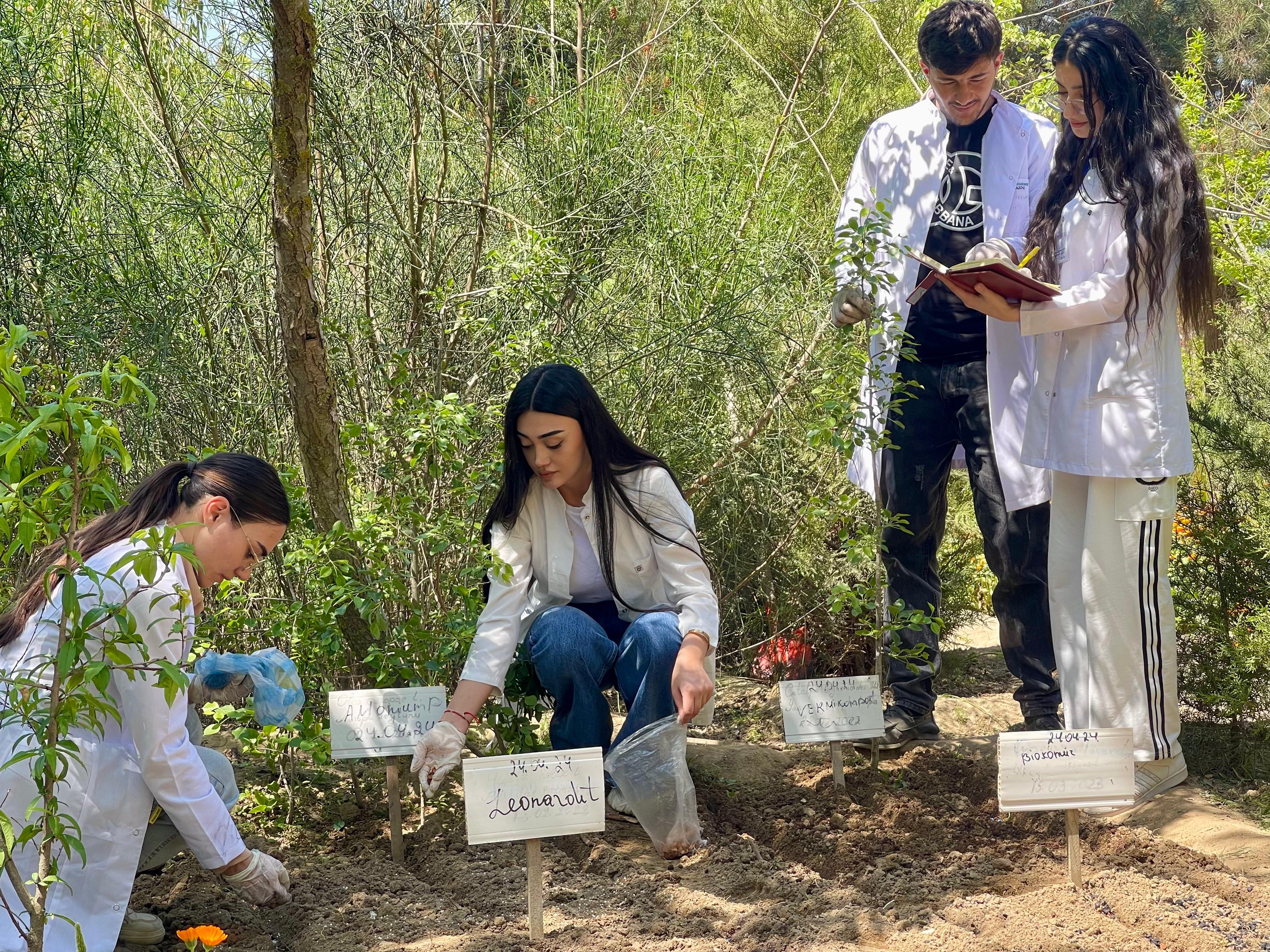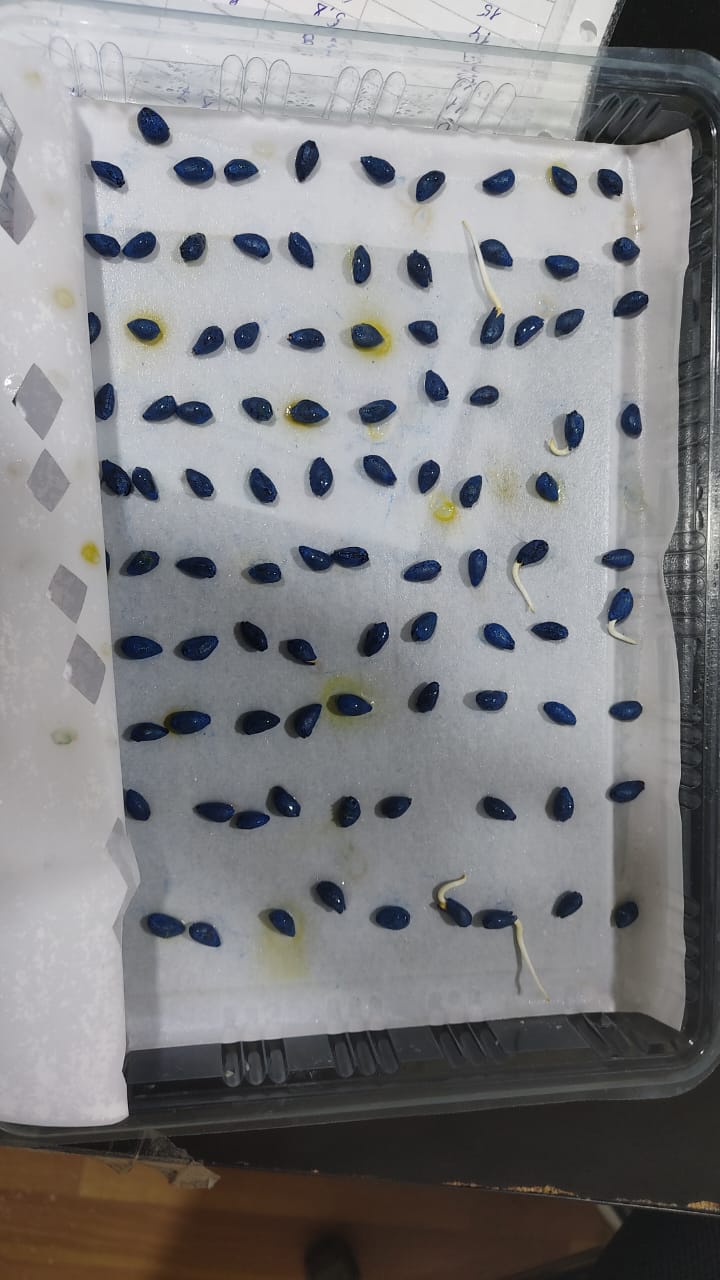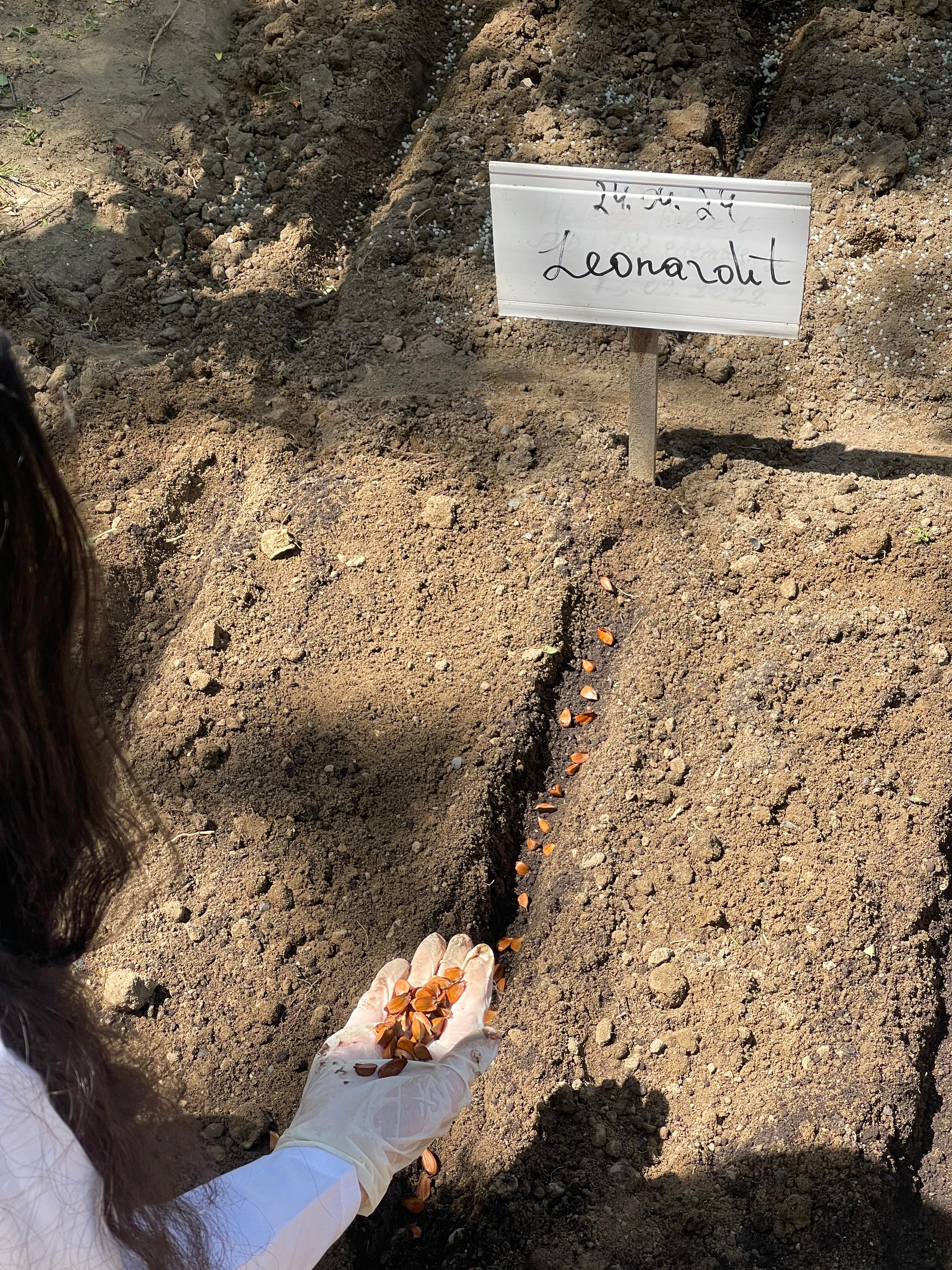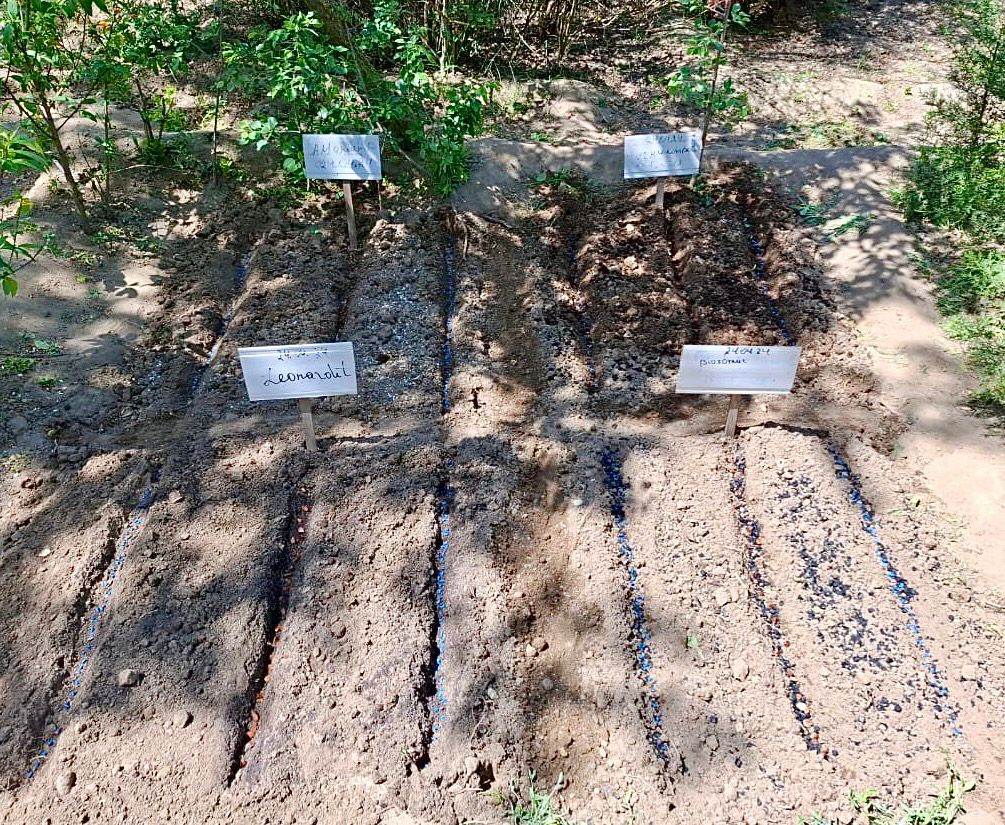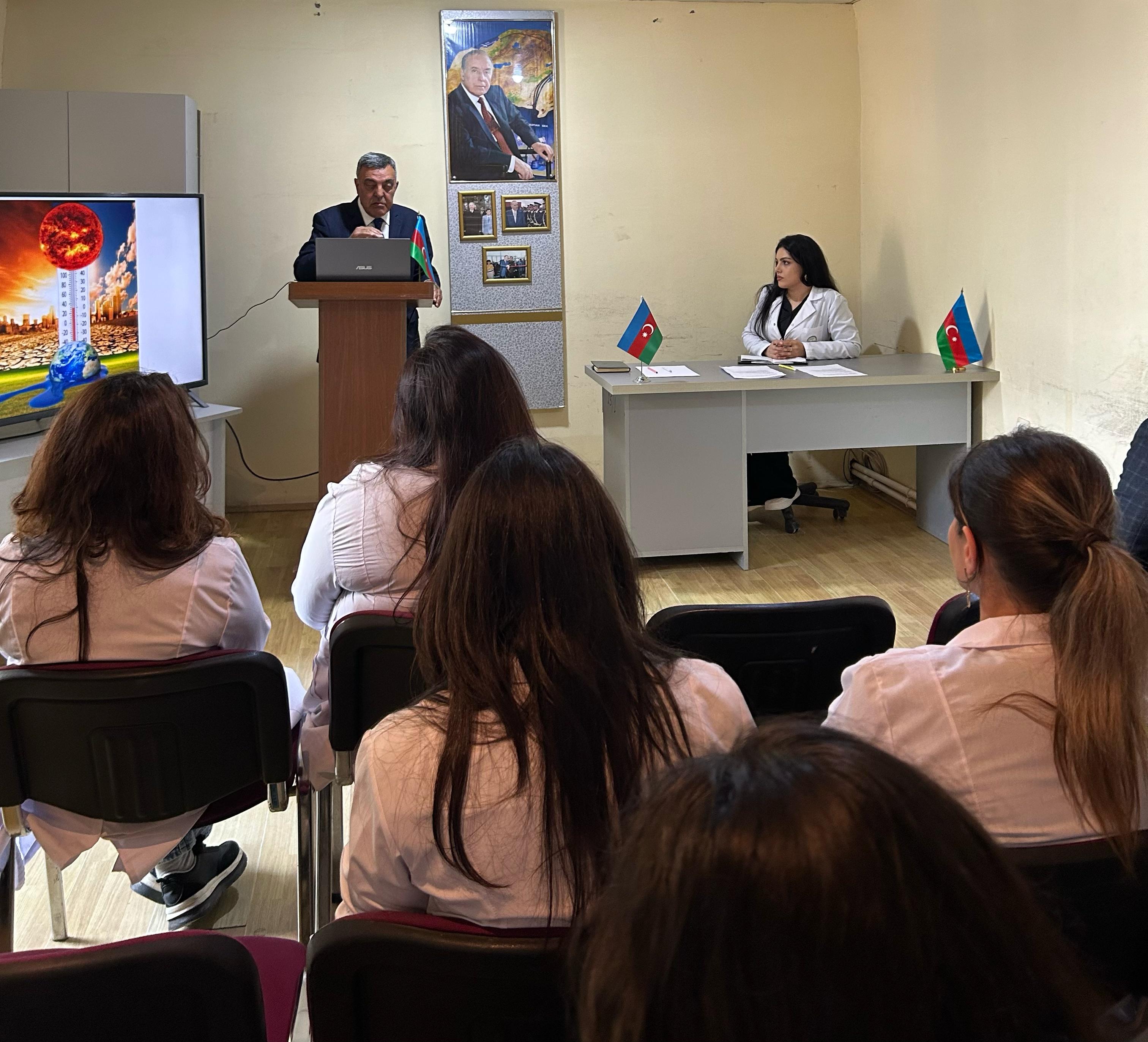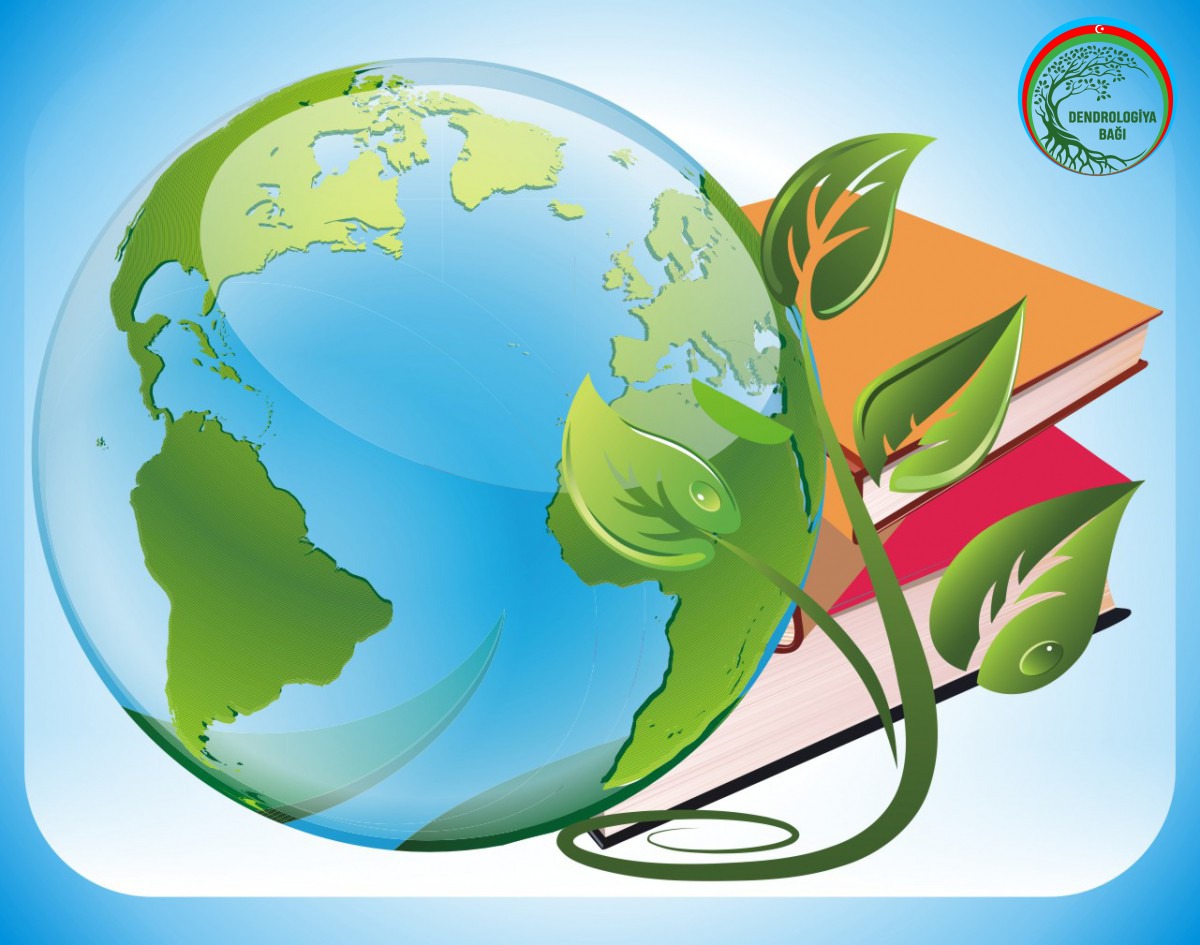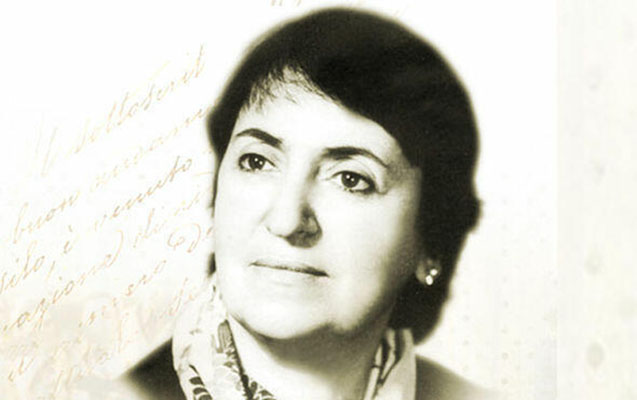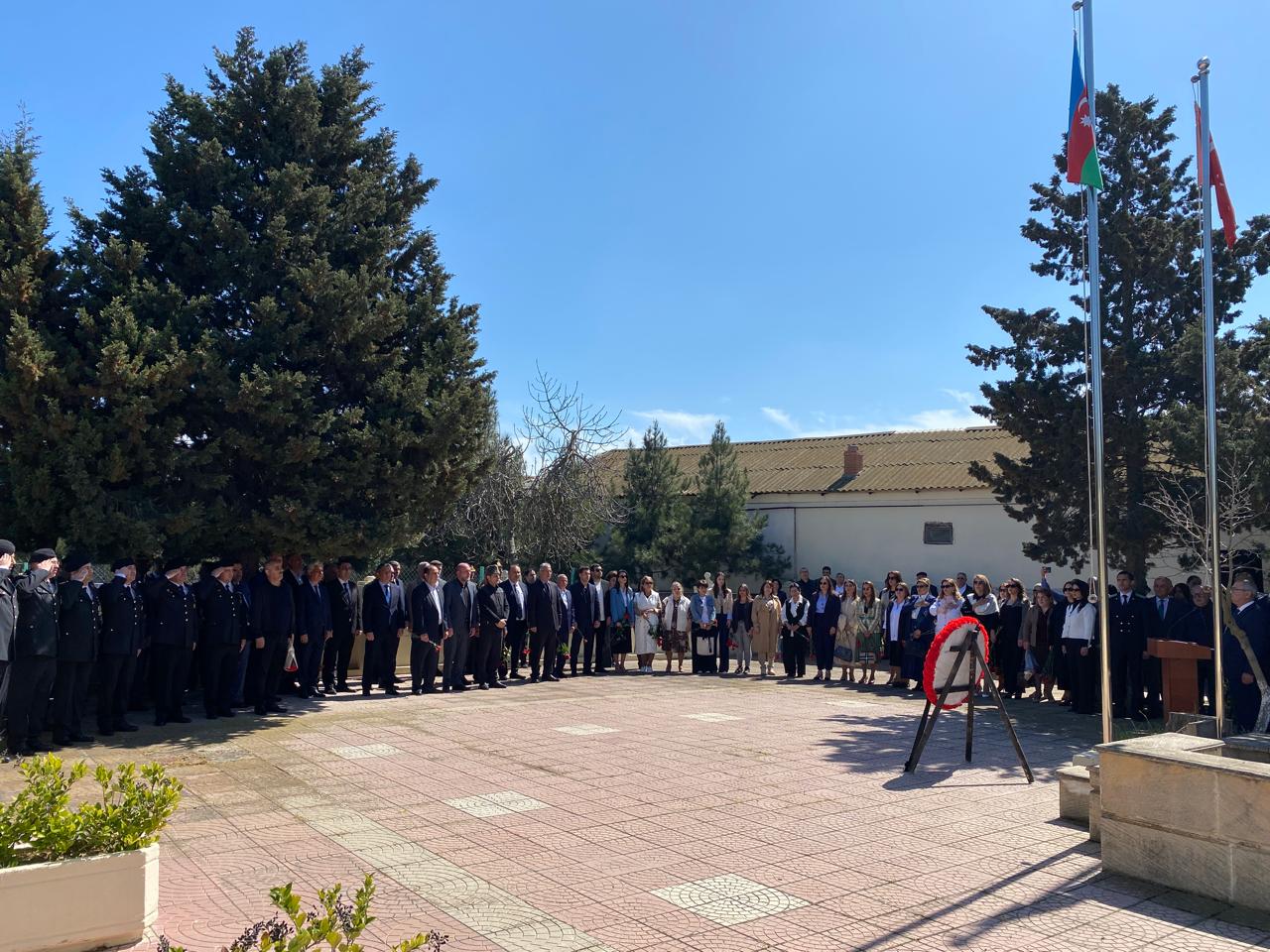The "Dendrology Garden" public legal entity goes on its research work in the direction of increasing soil fertility
Currently, the consequences of anthropogenic effects on ecosystems such as soil, water and air are constantly increasing. In this direction, the "Ecology and Acclimatization" laboratory of the "Dendrology Garden" public legal entity goes on its research work in the direction of increasing soil fertility in the garden territory.
The main goal of conducting research is to reduce the demand for inorganic fertilizers, to restore fertility by using new types of organic fertilizers, and to prevent mineral pollution in soil layers.Vermicompost (Worm fertilizer), Leonardite, Biochar and mineral fertilizer (NPK) were supplied from the Republic of Turkey for the purpose of comparative performance of the work.
A special area allocated in the research area of the garden was prepared for planting. In order to investigate the effect of different fertilizers on the species, the prepared patch was splited into 4 parts, leonardite fertilizer was added to the 1st part, biochar fertilizer was added to the 2nd part, vermicompost fertilizer was added to the 3rd part, and mineral fertilizer (NPK) was added to the 4th part.
Each fertilizer was fully mixed into the soil and cotton varietes "Lodos" and "May 505" brought from Neftchala district, Fagus orientalis Lipsky, supplied from the forests of the Greater Caucasus. The seeds of the species are planted in spots. Before planting, the seeds were stratified in laboratory conditions and prepared for sowing.
For comparative analysis, "Lodos" and "May 505" cotton species were germinated in indoor conditions, and the percentage of germination was calculated. During planting in the open field, according to the relevant methods, each of the seeds was planted at a different depth, taking into account the size and mass. At the end, 40 mg rooting liquid fertilizer of vegetable origin was mixed with 4 l of water and added to the soil.
Research work is ongoing.
